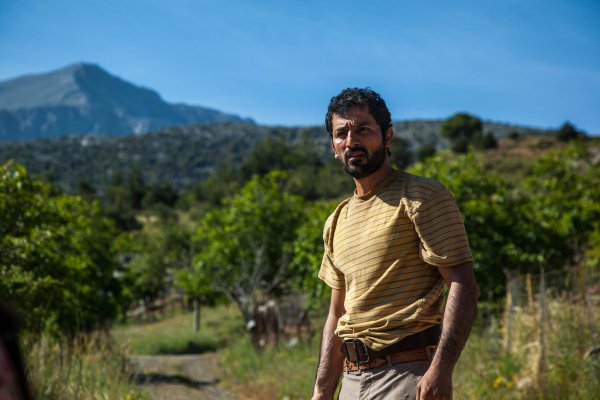@Vue Omni, Fri 22 June and Sat 23 June 2018
As part of Edinburgh International Film Festival
This drama begins with Havin (Halima Ilter), a pregnant Kurdish woman leaving her husband Zagros (Feyyaz Duman) after villagers spread rumours that she is having an affair. However, her attempts to start a new life in Belgium are disrupted by the sudden arrival of Zagros, who wants to rekindle their relationship.
First-time director and screenwriter Kalifa creates a slow-burn narrative that expertly conveys Zagros’s uncertainty over his wife’s fidelity as well as the multiple familial and cultural pressures that are placed on him. These are represented by both the traditional Kurdish notions of family honour imposed on Zagros by his father, who continually sows seeds of doubt regarding Havin’s fidelity, and the culturally alien nature of the Western society in which Zagros finds himself; which is unsympathetic towards asylum seekers such as himself. Kalifa effectively shows this conflict between the two cultures in a tense dinner scene in Zagros and Havin’s Brussels home where both Havin and Zagros’s visiting fathers antagonise each other in a passive-aggressive manner.
Duman does an excellent job of conveying Zagros’s increasing uncertainty, swinging back and forth between believing his wife and seeking stability for his family, to desperately trying to find out whether he is the father of his daughter and their unborn child. Ilter also effectively portrays Havin as a three-dimensional character with her individual wants and needs, showing both her love for Zagros and her desire to start a new life, whilst also providing her actions with enough ambiguity to justify Zagros’s suspicions.
In summary, Zagros is an engaging and intense film that uses a husband’s increasing suspicion to show the cultural clashes between Middle Eastern and Western cultures that are becoming increasingly familiar in contemporary European societies, particularly in the wake of the Syrian refugee crisis.
